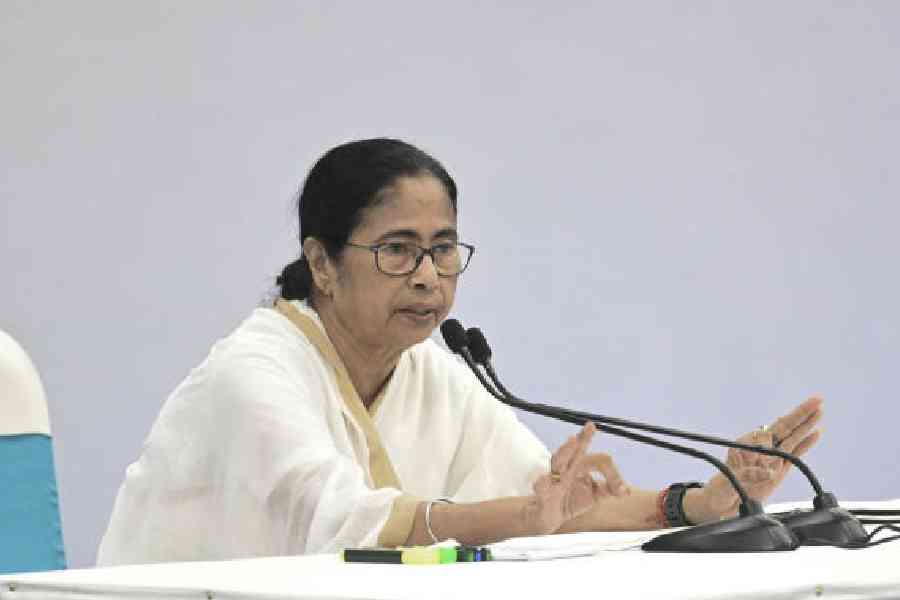The West Bengal (Prevention of Lynching) Bill, 2019, passed by the Assembly in August 2019 is yet to be turned into an act as it is awaiting the governor’s assent.
The bill became a topic of discussion in administrative and political circles after several people were reportedly lynched across the state in the past two weeks.
This bill mandated life imprisonment for those who would injure a person and capital punishment for those who would cause death to anybody in a lynching incident. The bill stipulates that any person involved in a conspiracy to lynch or who abets lynching shall also be “punished in the same manner as if he had himself committed lynching”.
Moreover, “The West Bengal (Prevention of Lynching) Bill, 2019” proposed a one-year jail term and a fine of ₹50,000 for “publishing any offensive material” that could lead to violence. There were also proposals for a jail term of up to three years, with a fine of up to ₹1 lakh, for anyone responsible for encouraging violence against an individual or a group of people.
Many in the administration said that if there were a stringent law, authorities could have prevented lynchings in recent weeks.
The Trinamool Congress alleged that the then governor, Jagdeep Dhankhar, had stalled the bill by raising some unnecessary questions.
The state government on Tuesday made it clear that it had given instructions to city and district police chiefs to be vigilant enough to prevent incidents of lynching.
“No death could be compensated, but as a part of the state’s effort to support the families of the victims, the state government would offer the job of a special home guard to the next of kin of the victims. They will also be given ₹2 lakh each,” said Alapan Bandopadhyay, the chief advisor to the chief minister, at Nabanna on Tuesday.
Assembly Speaker Biman Banerjee said: “Previously, there was no specific act in India against the perpetrators of mob lynching but in this bill, there were certain penal provisions which could have effectively curbed the menace. But even after five years, we are still waiting for the governor to sign the bill.”
Sources in Raj Bhavan, however, said a delegation of the Congress and the Left Front MLAs had met Dhankhar at Raj Bhavan a day after the bill had been passed and informed him about “grave irregularities” and “legislative improprieties” in the bill.
The delegation, led by then leader of the Opposition in the Assembly, Abdul Mannan of the Congress, and leader of the Left Front legislature party Sujan Chakraborty, explained to the governor that the bill presented in the House on August 30 was different from the draft copy circulated among members on August 26 and the version the governor had recommended for introduction.
According to former Congress and Left Front MLAs, the draft copy of the bill did not have the “death sentence” as the maximum punishment, whereas the bill passed by the Assembly did mention the “death penalty.” The governor then sought clarification from the home secretary and the law department regarding the error.
Raj Bhavan sources said the state law department had replied that the draft bill didn’t have the “death penalty” because of a “printing mistake” caused by an “optical illusion”, which the governor did not
accept.
Even after Dhankhar
became the Vice-President and C.V. Ananda Bose
replaced him, there was no progress.










